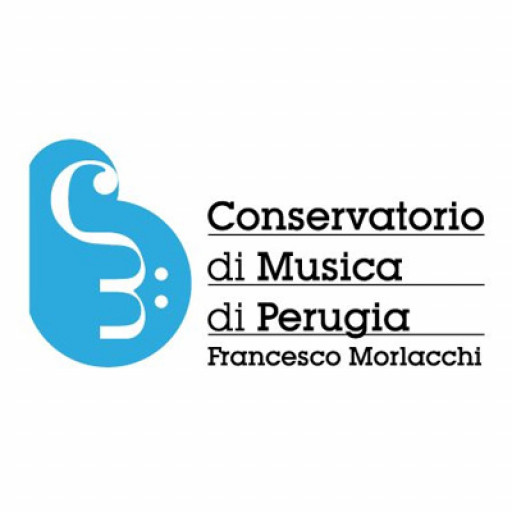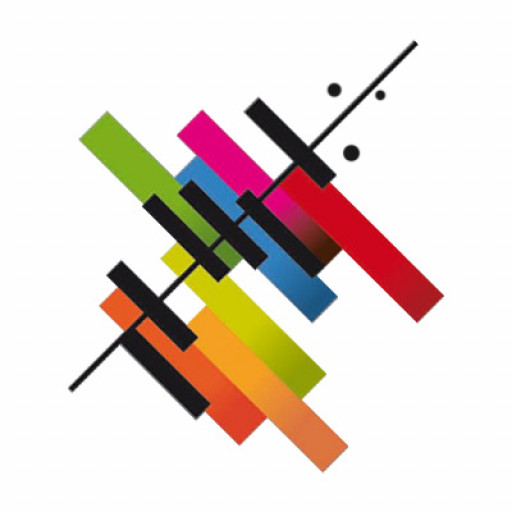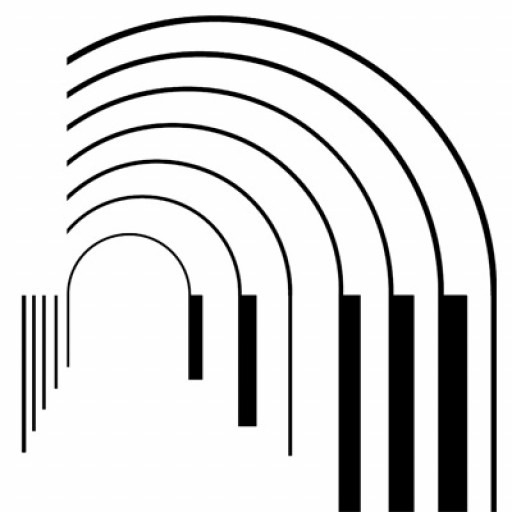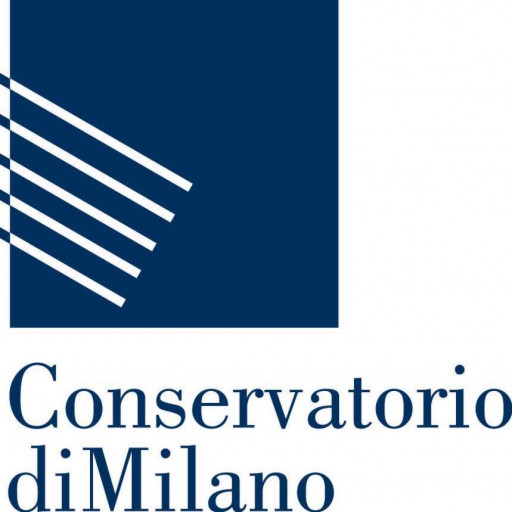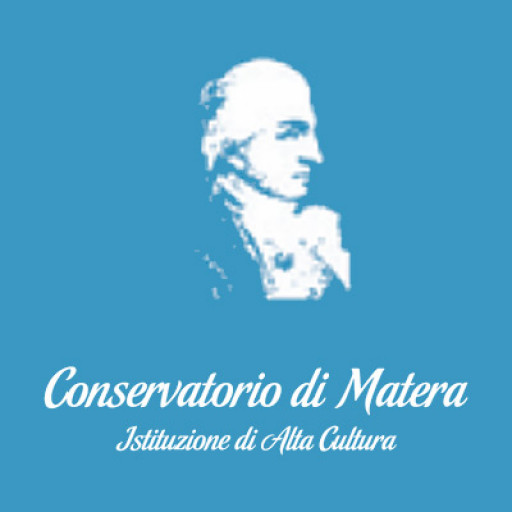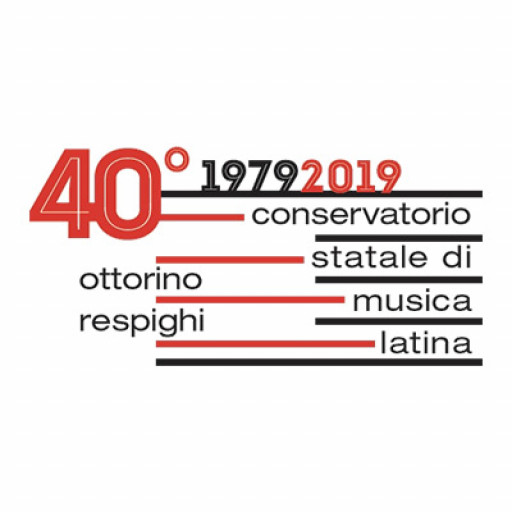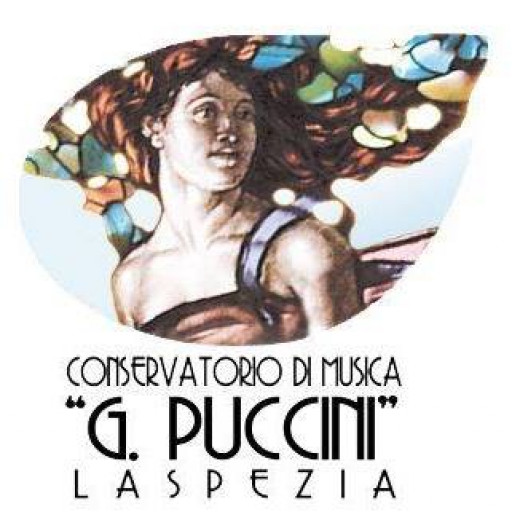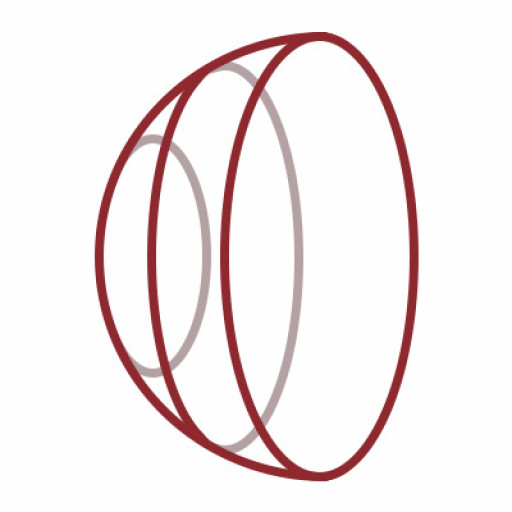Electronic Music at the Conservatory of Music Francesco Morlacchi offers a comprehensive and innovative program that combines technical proficiency with creative exploration in the field of electronic sound production. This curriculum is designed to equip students with the essential skills needed to succeed as composers, producers, sound designers, and performers within the rapidly evolving landscape of electronic music. Throughout their studies, students will engage with a diverse range of topics including sound synthesis, digital signal processing, MIDI programming, recording techniques, acoustics, and live performance technologies. The program emphasizes both theoretical knowledge and practical application, encouraging students to experiment with different styles and genres while developing their unique artistic voice.
Faculty members are experienced professionals and scholars in electronic music, offering personalized mentorship and access to state-of-the-art facilities such as computer labs equipped with industry-standard software, electronic instruments, and audio recording studios. Students will have opportunities to collaborate on projects, participate in concerts, and showcase their works in various platforms, fostering a vibrant artistic community. The curriculum also explores contemporary trends in electronic music, including its relationship with visual arts, dance, and multimedia, preparing graduates for interdisciplinary careers. Graduates of the program will be well-prepared to pursue careers as electronic musicians, sound engineers, music producers, sound artists, or to continue advanced studies in music composition and technology. Overall, the Electronic Music program at the Conservatory of Music Francesco Morlacchi aims to cultivate innovative artists who can push the boundaries of sound and contribute to the cultural scene through creative, technical, and experimental excellence.
Electronic Music program at the Conservatory of Music Francesco Morlacchi offers students a comprehensive education in the creation, performance, and production of electronic soundscapes. The curriculum is designed to develop both technical skills and artistic creativity, providing a solid foundation in music theory, sound design, synthesis, and digital audio workstations. Students will explore a diverse range of genres and styles within electronic music, from ambient and experimental to techno and dance music, preparing them to navigate the dynamic landscape of contemporary sound production.
Throughout the program, students have the opportunity to work with state-of-the-art equipment and software, including MIDI controllers, synthesizers, digital audio interfaces, and professional studio environments. The coursework includes modules on composing electronic music, live performance techniques, sound engineering, mixing and mastering, and audio programming. Special workshops and seminars with industry professionals enable students to gain practical insights into the electronic music scene, marketing, and career development.
The program emphasizes hands-on learning, encouraging students to develop their unique artistic voices through frequent project works, collaborations, and performances. Students are also introduced to music technology innovations and interdisciplinary approaches, integrating visual arts, video, and installation art into electronic music projects. The faculty, comprising experienced composers, sound engineers, and performers, provides personalized mentorship to foster each student's artistic growth.
Graduates of the Electronic Music program are well-equipped to pursue careers in a variety of fields, including music production, live electronic performance, sound design for media and advertising, and music technology entrepreneurship. They will be prepared to contribute creatively to the evolving world of digital sound, pushing the boundaries of musical expression and innovation. The program also encourages interdisciplinary experimentation and research, ensuring that students stay at the forefront of technological advancements and artistic trends in electronic music.
The program in Electronic Music at the Conservatory of Music Francesco Morlacchi is designed to provide students with comprehensive training in the creation, production, and performance of electronic music. The curriculum combines theoretical knowledge with practical skills, enabling students to develop their own artistic voice within the electronic music domain. Core courses include sound design, synthesis, digital audio processing, and music technology. Students are encouraged to explore various genres and styles, incorporating innovative techniques and technological advancements into their compositions. The program emphasizes hands-on experience through laboratory sessions, project work, and collaborations with peers and faculty. In addition to technical skills, students acquire a solid understanding of music theory, history of electronic and experimental music, and the cultural contexts surrounding the genre. The program also offers opportunities for students to engage in live electronic music performances, experimental projects, and interdisciplinary collaborations with other departments such as theater, dance, and visual arts. Each student is required to complete a final thesis project, demonstrating their proficiency in electronic music composition, sound design, and performance. The faculty comprises accomplished composers, sound engineers, and electronic music practitioners who provide personalized mentorship. To enroll, applicants must hold a relevant undergraduate degree or demonstrate equivalent practical experience and submit a portfolio of work showcasing their creative abilities. The program aims to prepare graduates for professional careers as composers, sound designers, producers, and live performers in the electronic music industry, as well as for further academic research in the field. The curriculum is periodically updated to reflect technological innovations and emerging trends within electronic music production. Overall, the program offers an intensive, interdisciplinary, and forward-looking education designed to foster artistic innovation and technical mastery in electronic music.
The Electronic Music program at the Conservatory of Music Francesco Morlacchi provides students with comprehensive training in the creation, performance, and production of electronic music. Designed for students passionate about contemporary musical trends and technological innovations, the program offers a multidisciplinary approach that combines music theory, sound engineering, and digital production techniques. Students gain hands-on experience with a variety of electronic instruments, synthesizers, and computer software essential for modern music composition and live performance. The curriculum emphasizes both artistic development and technical proficiency, encouraging students to experiment with sound design, sampling, sequencing, and digital signal processing. Throughout the course, students are introduced to the history and evolution of electronic music, exploring influential genres, key figures, and technological advancements that have shaped the landscape of modern sound art. The program also fosters collaboration with other departments, enabling students to engage in interdisciplinary projects that integrate visual arts, multimedia installations, and live electronics. Practical workshops, concerts, and studio sessions are integral components of the educational experience, providing real-world opportunities to showcase their skills and develop professional networks. The faculty comprises experienced composers, sound engineers, and electronic musicians committed to mentoring students and guiding their artistic growth. Graduates of the program are prepared for careers in a variety of fields including music production, sound design, performance, multimedia art, and technological innovation in the arts. The program maintains strong ties with the creative industry, offering students access to advanced laboratory facilities, industry-standard software, and partnerships with cultural organizations. This ensures that students are well-equipped to contribute to the evolving electronic music scene locally and internationally. The program also emphasizes research and innovation, encouraging students to push the boundaries of sound and explore new paradigms of musical expression through technology.
